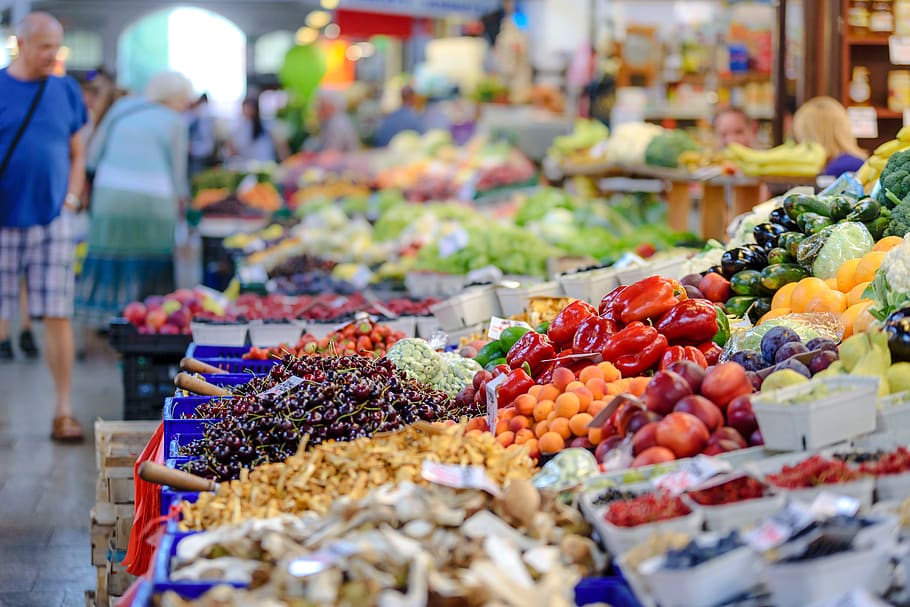Belgian consumers pay up to 10% more for basic groceries like meat, fruit and vegetables when compared to 2019 due to the pandemic, the Belgian government reported.
The government bureau for statistics, Belstat, showed that prices have increased for fruit (+10%), fruit juice (+9%) and vegetables (+5%). Similar increases were seen for products like breakfast cereals (+8.6%), ice cream (+7.6%), fish (+5.5%) and meat (+3.3%).
On average, food prices have increased by 3.2% when compared to last year. Items like bread, tobacco, candy, dairy and alcohol saw an overall 2.4% price increase.
At the same time, prices dropped for plane tickets (-14.4%), natural gas (-15.8%), electricity (-6%), and petrol (-5.8%).
Related News
- Coronavirus: Only 1 person per household should do groceries
- Hoarding is 'really not necessary,' supermarkets say
- Uber Eats will start delivering groceries in Belgium from September
“The price increases are largely the result of a lower supply of certain products, due to lower harvests caused by poor weather conditions,” the report read. Belgian farmers, however, say that Belgian harvests are “not so bad” and that the 10% price increase does not apply for local fruit and vegetables, het Nieuwsblad reported. It is due to more exotic fruits that the average price rate has increased.
Many imported fruits come from Spain, such as oranges, lemons and limes. Spain has been hit hard by the Covid-19 crisis, leading to more difficult circumstances for fruit picking such as lack of personnel, causing prices to increase up to 40%.
For products that originate outside of the European Union, such as lychees, the low rate of passenger flights has made import more difficult, as these products would usually be transported on those flights.
The price of processed products has increased largely due to consumers’ changed shopping behaviour. The pandemic and the subsequent safety measures have caused people to only shop for what they need and to leave as soon as possible, leaving a different situation to pre-pandemic times.
“Supermarkets are responding to this trend,” Gino Van Ossel, Professor of Retail at the Vlerick Business School in Ghent, said. “The pressure to give discounts is lower. Supermarkets such as Colruyt, which follows the promotions of surrounding supermarkets, do not have to adjust its prices to match them. Fewer prices are lowered as a result.”
Amée Zoutberg
The Brussels Times

